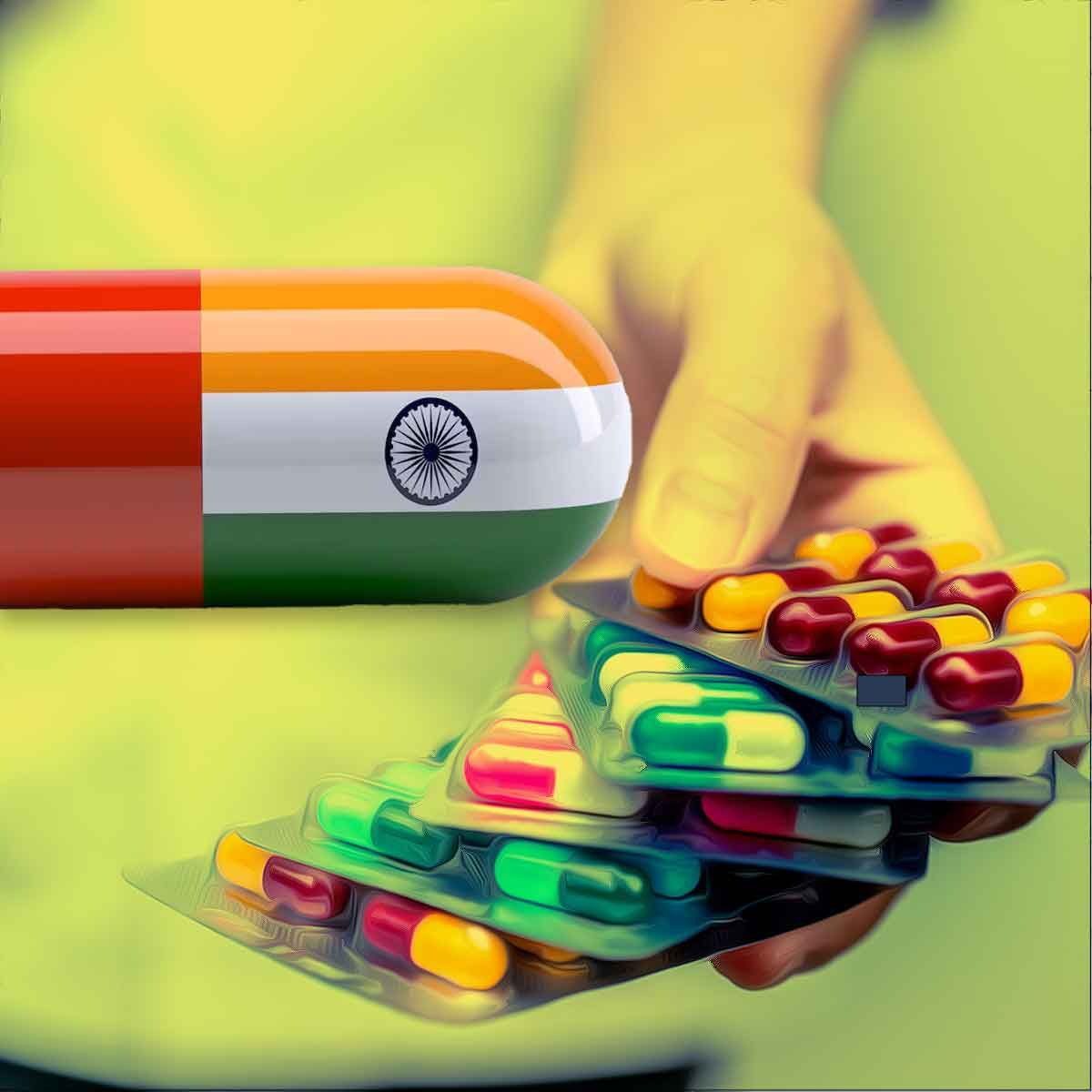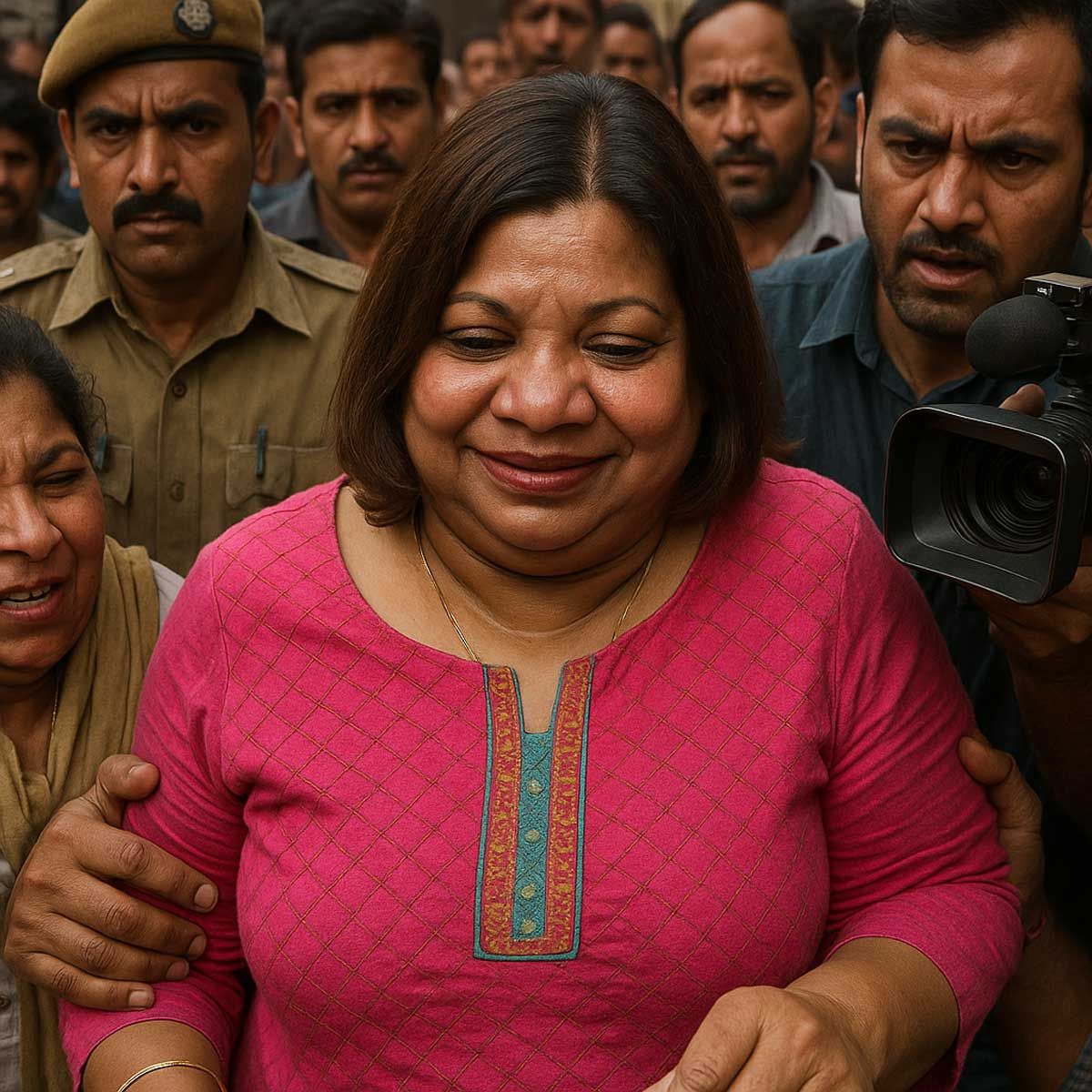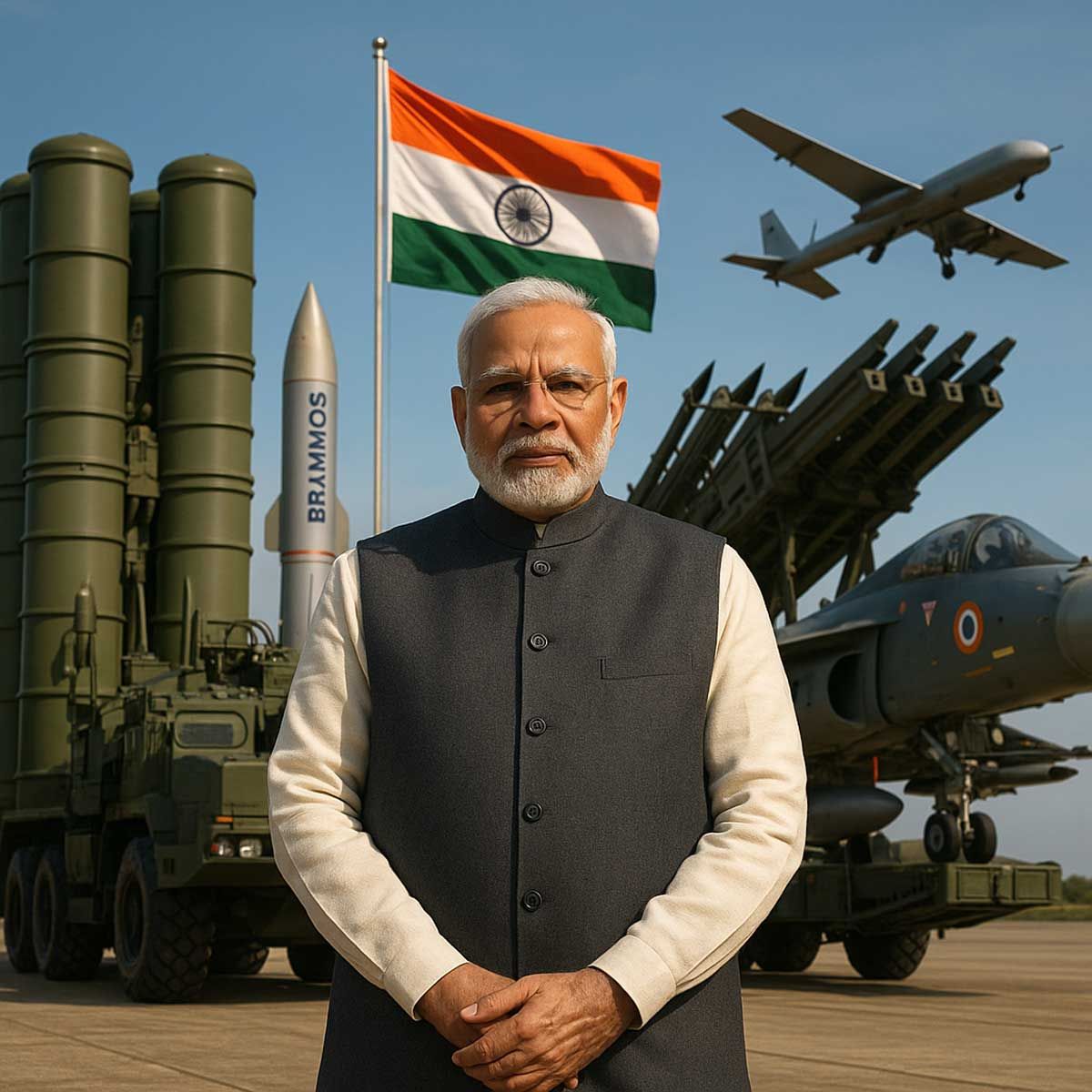More Coverage
Twitter Coverage
Satyaagrah
Written on
Satyaagrah
Written on
Satyaagrah
Written on
Satyaagrah
Written on
Satyaagrah
Written on
JOIN SATYAAGRAH SOCIAL MEDIA
Indian Govt banned 14 fixed-dose combination drugs including Nimesulide, Paracetamol dispersible tablets, Chlopheniramine Maleate and Codeine syrup citing there is "no therapeutic justification" for these medicines and that they may involve risk to people

The Central government of India has taken a decisive step to safeguard public health by imposing a ban on 14 fixed-dose combinations (FDC) drugs, including well-known medications such as Nimesulide and Paracetamol tablets and Chlopheniramine Maleate and Codeine syrup. This significant move comes in response to the risk these drugs pose to individuals, as highlighted by the Union Health Ministry.
|
The notification issued by the Ministry emphasizes that there is "no therapeutic justification" for these FDC medicines. Fixed-dose combination drugs refer to formulations that contain a combination of two or more active pharmaceutical ingredients (APIs) in a fixed ratio. The decision to ban these drugs follows the recommendations put forth by an expert committee, which thoroughly examined the available evidence and assessed the potential risks associated with these medications.
Among the banned drugs are those commonly used to treat various ailments such as common infections, cough, and fever. The list includes Nimesulide and Paracetamol tablets, Chlopheniramine Maleate and Codeine Syrup, Pholcodine Promethazine, Amoxicillin Bromhexine, Bromhexine Dextromethorphan Ammonium Chloride Menthol, Paracetamol Bromhexine Phenylephrine Chlorpheniramine Guaiphenesin, and Salbutamol Bromhexine.
The expert committee's evaluation concluded that there is no valid therapeutic justification for the use of these FDC drugs and that they may pose risks to human health. In the interest of public safety and well-being, the notification declares it necessary to prohibit the manufacture, sale, or distribution of these FDCs under section 26A of the Drugs and Cosmetics Act, 1940. The notification unequivocally states that any form of regulation or restriction to allow the use of these drugs in patients is not justifiable.
By acting on the recommendations of the expert committee and the Drugs Technical Advisory Board, the Central government affirms its conviction that regulating and prohibiting the manufacture, sale, and distribution of these drugs is essential and expedient in the interest of public welfare. The government's decision aims to ensure that these drugs, deemed potentially risky and lacking therapeutic justification, are not available for human use in the country.
This ban reinforces the government's commitment to safeguarding public health and underscores the importance of evidence-based medicine and stringent regulatory measures in the pharmaceutical sector. It serves as a reminder of the government's responsibility to prioritize the well-being and safety of its citizens and maintain the highest standards of healthcare. Individuals are encouraged to consult their healthcare providers to explore suitable alternative medications and treatments.
Combination drugs are formulations that contain two or more active pharmaceutical ingredients in a single dosage form. While some combination drugs are effective and widely used, there have been concerns about the proliferation of irrational combinations and the potential risks associated with them. The ban aims to curb the sale, distribution, and use of such combination drugs to protect the health and well-being of the general public.
The banned combination drugs are used in the treatment of common ailments such as respiratory tract infections, pain management, and gastrointestinal disorders. The decision to ban these medications was made after careful evaluation of scientific evidence, clinical data, and expert opinions. The government has emphasized that the ban is intended to promote rational drug use, encourage the use of safer and more effective alternatives, and prevent the misuse or overuse of combination drugs.
Pharmaceutical companies and healthcare professionals have been notified about the ban and directed to stop the production, distribution, and sale of the banned drugs immediately. Patients who are currently using these medications are advised to consult their healthcare providers for alternative treatment options.
|
The government's decision to ban these 14 combination drugs aligns with its commitment to ensuring the availability of safe, effective, and rational medications for the Indian population. It highlights the importance of evidence-based medicine, pharmacovigilance, and regulatory measures in safeguarding public health.
It is essential for individuals to stay informed about such regulatory actions and work closely with healthcare professionals to make informed decisions about their treatment plans. The ban serves as a reminder of the government's dedication to protecting the well-being of its citizens and maintaining high standards of healthcare in the country.
The drugs mentioned have been used in various cases for the treatment of different ailments. Here are some common cases in which these drugs have been utilized:
Nimesulide and Paracetamol tablets:
- Management of pain and inflammation associated with conditions like arthritis, musculoskeletal disorders, and dental pain.
- Relief of fever and mild to moderate pain due to viral or bacterial infections.
Chlopheniramine Maleate Codeine Syrup:
- Cough suppression and symptomatic relief of upper respiratory tract infections.
- Alleviation of allergy symptoms such as runny nose, sneezing, and itchy/watery eyes.
Pholcodine Promethazine:
- Treatment of persistent and irritating dry cough.
- Reduction of cough reflex sensitivity and associated discomfort.
Amoxicillin Bromhexine:
- Combination therapy for respiratory tract infections, particularly those caused by susceptible bacteria.
- Bromhexine, when used in combination, can help in clearing mucus and phlegm from the airways.
Bromhexine Dextromethorphan Ammonium Chloride Menthol:
- Relief of cough and congestion associated with common cold, bronchitis, or other respiratory conditions.
- Dextromethorphan acts as a cough suppressant, while bromhexine aids in breaking down and expelling mucus.
Paracetamol Bromhexine Phenylephrine Chlorpheniramine Guaiphenesin:
- Relief of symptoms related to the common cold, flu, and upper respiratory tract infections.
- Paracetamol reduces fever and pain, bromhexine helps with mucus clearance, phenylephrine provides nasal congestion relief, chlorpheniramine reduces allergy symptoms, and guaiphenesin aids in cough expectoration.
Salbutamol Bromhexine:
- Management of asthma and chronic obstructive pulmonary disease (COPD) symptoms, including bronchospasm and wheezing.
- Salbutamol acts as a bronchodilator, relaxing the airway muscles, while bromhexine assists in clearing mucus.
It is important to note that the availability and usage of these drugs may vary based on the regulations and guidelines set by different countries' health authorities. It is always recommended to consult a healthcare professional for appropriate advice and guidance regarding specific medication needs.
|
2016 | Ban on the manufacture, sale, and distribution of 344 drug combinations
In 2016, the Indian government took a significant step toward ensuring the safety and efficacy of pharmaceutical drugs by announcing a ban on the manufacture, sale, and distribution of 344 drug combinations. This decision came after an expert panel, established under the guidance of the Supreme Court, concluded that these combinations were being sold to patients without sufficient scientific data to support their use. However, the order faced legal challenges from the manufacturers, leading to a prolonged court battle.
The expert panel carefully evaluated the 344 drug combinations and determined that their sale and usage lacked scientific justification. This raised concerns about potential health risks and the need for stringent regulatory measures to protect the public. The ban aimed to curb the indiscriminate use of these combinations and encourage the pharmaceutical industry to provide scientific evidence supporting their safety and efficacy.
Fast forward to the present, and the recently banned 14 fixed-dose combinations (FDC) drugs are a part of the previously identified 344 drug combinations. The decision to ban these 14 FDCs is an extension of the government's commitment to addressing the issues surrounding irrational drug combinations and ensuring the welfare of the population.
By including these 14 FDC drugs in the ban, the government reiterates its stance on the necessity of scientific evidence to support the use of combination medications. The aim is to prevent the availability and usage of drugs that have little therapeutic justification or may pose risks to human health.
It is important to note that the legal battle surrounding the ban on the initial 344 drug combinations reflects the complexity of regulating the pharmaceutical industry. The manufacturers challenged the ban in court, potentially arguing for the safety and efficacy of the combinations or questioning the regulatory processes involved.
The government's commitment to upholding public safety and improving the quality of healthcare remains at the forefront of these regulatory actions. The ban serves as a reminder of the ongoing efforts to establish evidence-based medicine, prioritize patient well-being, and ensure that pharmaceutical products meet the highest standards of quality and efficacy.
|
References:
 Support Us
Support Us
Satyagraha was born from the heart of our land, with an undying aim to unveil the true essence of Bharat. It seeks to illuminate the hidden tales of our valiant freedom fighters and the rich chronicles that haven't yet sung their complete melody in the mainstream.
While platforms like NDTV and 'The Wire' effortlessly garner funds under the banner of safeguarding democracy, we at Satyagraha walk a different path. Our strength and resonance come from you. In this journey to weave a stronger Bharat, every little contribution amplifies our voice. Let's come together, contribute as you can, and champion the true spirit of our nation.
 |  |  |
| ICICI Bank of Satyaagrah | Razorpay Bank of Satyaagrah | PayPal Bank of Satyaagrah - For International Payments |
If all above doesn't work, then try the LINK below:
Please share the article on other platforms
DISCLAIMER: The author is solely responsible for the views expressed in this article. The author carries the responsibility for citing and/or licensing of images utilized within the text. The website also frequently uses non-commercial images for representational purposes only in line with the article. We are not responsible for the authenticity of such images. If some images have a copyright issue, we request the person/entity to contact us at satyaagrahindia@gmail.com and we will take the necessary actions to resolve the issue.
Related Articles
- "Create your own miracles; do what you think you cannot do": BRO's Engineering Marvels - Bridging Gaps, Transforming Lives in challenging terrain through crucial road networks, playing a vital role in national security, and fostering socio-economic growth
- “The Sea, once it casts its spell, holds one in its net of wonder forever”: A new era in cruise tourism and maritime trade across the nation started with the launch of India’s first international tourist cruise ship from Chennai to Sri Lanka
- "In the market's good mood, fortunes are made and dreams are realized": Indian Tractor Sales soar to Unprecedented Heights by hitting all-time-high record of 9.44 lakh units in FY23, up 12% compared to last year, Brands achieve record-breaking figures
- "We are not makers of history. We are made by history": Unveiling the Enigmatic Majesty - While the Sengol stole the limelight at inauguration, there is another astounding installation - Facoult's Pendulum dancing in Hallowed Halls of the new Parliament
- “Outstanding people have one thing in common: an absolute sense of mission”: Reports - India could become the 3rd largest Electronics manufacturer by 2027, Apple exported smartphones worth $1 billion in just one month in December' 2022
- "Every train has a story to tell, and it whispers its secrets to those who listen with their hearts": Historic Kalka-Shimla train undergone a remarkable makeover with the introduction of indigenous Vistadome coaches resembling famous Swiss Bernina Express
- "नई उड़ान": Bharatiya Vayuyan Vidheyak, 2024, replaces the Aircraft Act, 1934, modernizes aviation laws, empowers DGCA, BCAS, AAIB, adds penalties, regulates design, and Aviation Minister K Naidu schools INDI Alliance for opposing the Hindi name
- "If art is to have a special train, the critic must keep some seats reserved on it": In a momentous event, PM Narendra Modi flagged off Puri-Howrah Vande Bharat Express in Odisha, marking a significant milestone in India's railway infrastructure evolution
- "India speaks, Bhashini translates": 'Bhashini', India's AI breakthrough, revolutionizes linguistic inclusivity, and ensuring no citizen is left behind in the digital realm, a beacon for tech innovation, redefining the nation's digital journey
- "A leap in Ladakh, a legacy for the world": India propels into a green future, launching its pioneering hydrogen bus trials in Ladakh, a bold leap in green energy, setting a global benchmark in combating climate change through innovative initiatives
- "The strongest principle of growth lies in the human choice": RBI New Proposed Guidelines for Card Networks: Empowering customers and promoting choice in Card Networks, these networks may include Visa, Mastercard, American Express, or RuPay
- "Education is the development of power and ideal": India witnessed significant increase of 87% in MBBS seats, 105% in PG seats in last 8 years, 96% in GMC, 22 new AIIMS and projects for the upgradation of 75 Government medical colleges under PMSSY
- In a monumental stride, India unveils the world's first BS-VI ethanol car, blending technology with agriculture and championing a vision for a sustainable, greener future while bolstering its economy & reinforcing its stand on environmental responsibility
- "Quiet heroes, roaring legacies": An unknown hero behind the Vande Bharat Express, Sudhanshu Mani, amidst hurdles and bureaucracy, he penned India's rail legacy, as we applaud innovation, let's honor the man who transformed India's rail journey
- "Cyberspace undeniably reflects some form of geography": Ashwini Vaishnaw launched "Bharat 6G Alliance" for better collaboration between Govt, industry and academia in developing indigenous 6G products, India already has 200+ patents for 6G




























